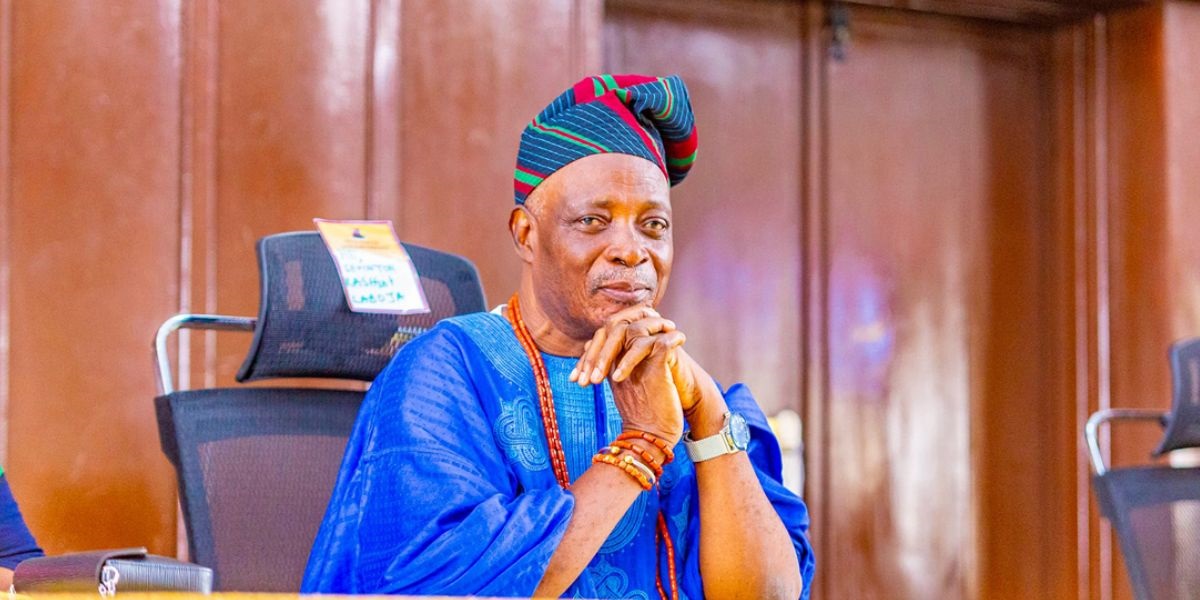The Chief Justice of Nigeria (CJN), Justice Kudirat Kekere-Ekun, has called on the Code of Conduct Tribunal (CCT) to protect its independence and uphold the integrity of the judicial system.
Justice Kekere-Ekun gave the charge in Abuja when she received the Chairman of the Tribunal, Mr. Mainasara Umar, and other members of the Tribunal who paid her a courtesy visit.
During the visit, Mr. Umar appealed for the support of the Chief Justice and the leadership of the judiciary to strengthen the Tribunal’s operations and enhance its efficiency in fulfilling its constitutional mandate. He decried the poor state of the Tribunal’s facilities but noted that efforts were being made to address the situation.
The CCT Chairman also requested greater resource support to enable the Tribunal to function optimally.
In her response, the CJN urged the Tribunal’s leadership to explore innovative solutions to overcome the challenges confronting it.
She reminded members to operate strictly within the jurisdiction conferred upon the Tribunal by the 1999 Constitution (as amended).
Justice Kekere-Ekun also tasked the Tribunal to devise strategies to tackle the backlog of pending cases, stressing that efficiency and timely dispensation of justice are key to public confidence in the system.
She further advised the Tribunal and the Code of Conduct Bureau to adopt proactive measures, such as sending reminders to public institutions and agencies to submit their asset declarations before deadlines.
The CJN reminded the Tribunal members of their oath of office and urged them to uphold the law “without fear or favour, affection or ill will.”
“Remember always that the credibility of the Tribunal, and indeed the entire judicial system, rests on the integrity and impartiality of its adjudicators. Let your actions inspire confidence in the institution you now lead,” she said.
The Senior Special Assistant to the CJN on Media, Tobi Soniyi, in a statement on Thursday, said Justice Kekere-Ekun encouraged the Tribunal to take advantage of the National Judicial Institute (NJI) for continuous training through seminars and workshops for members and supporting staff.
The CJN had said on Wednesday that establishing a sustainable and efficient blue economy with a projected global worth of over $3 trillion by 2030 requires an integrated institutional response, supported by a judiciary that is knowledgeable and agile in handling maritime-related disputes.
This is just as the Director-General/Chief Executive Officer of the Nigerian Maritime Administration and Safety Agency (NIMASA), Dr Dayo Mobereola, emphasised that the Judiciary is a critical factor in the collective approach of actualising the blue economy agenda of the Federal Government, as interpretation of legal instruments and case decisions remains a vital tool for the sustainable development of the nation’s blue economy.
This was stated yesterday at the two-day fourth Nigerian Admiralty Law Colloquium, organised by NIMASA in Lagos, themed: “Charting the Course for Nigeria’s Blue Economy”.
Represented by Supreme Court Justice Emmanuel Agim, the CJN said the courts are the custodians of maritime jurisprudence — from the enforcement of contracts for carriage of goods by sea, to issues of marine insurance, ship arrest, pollution control, piracy and now, emerging frontiers such as offshore renewable energy and marine biotechnology.






